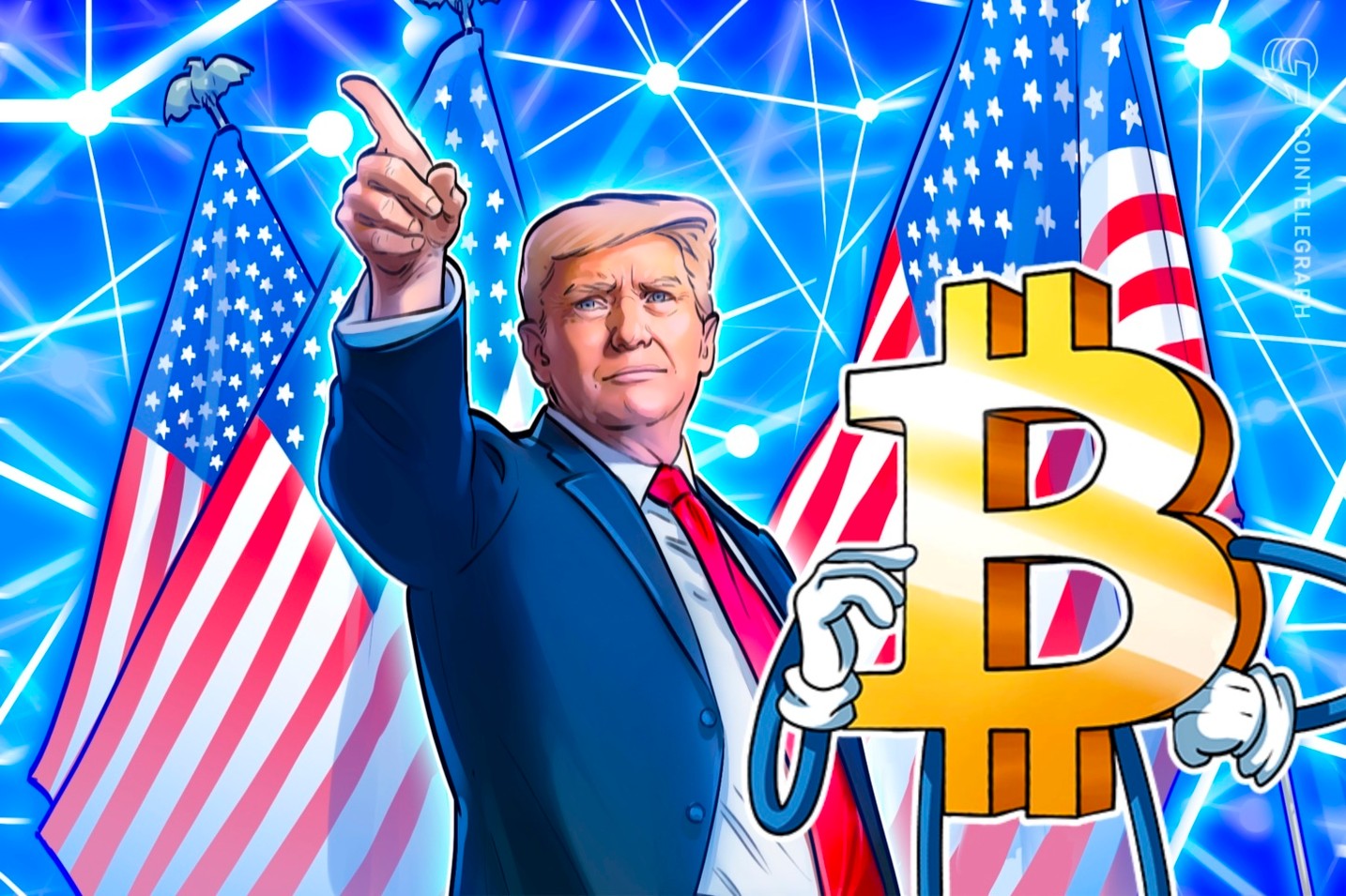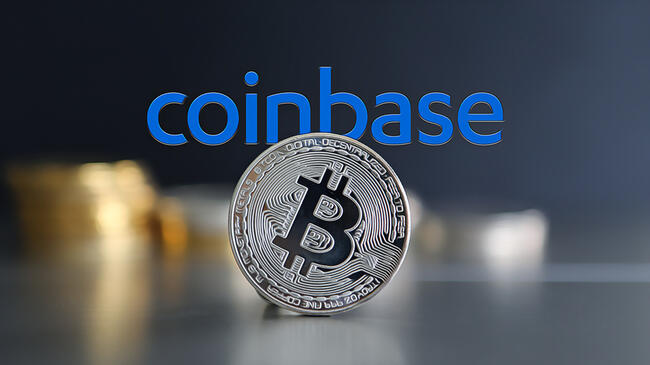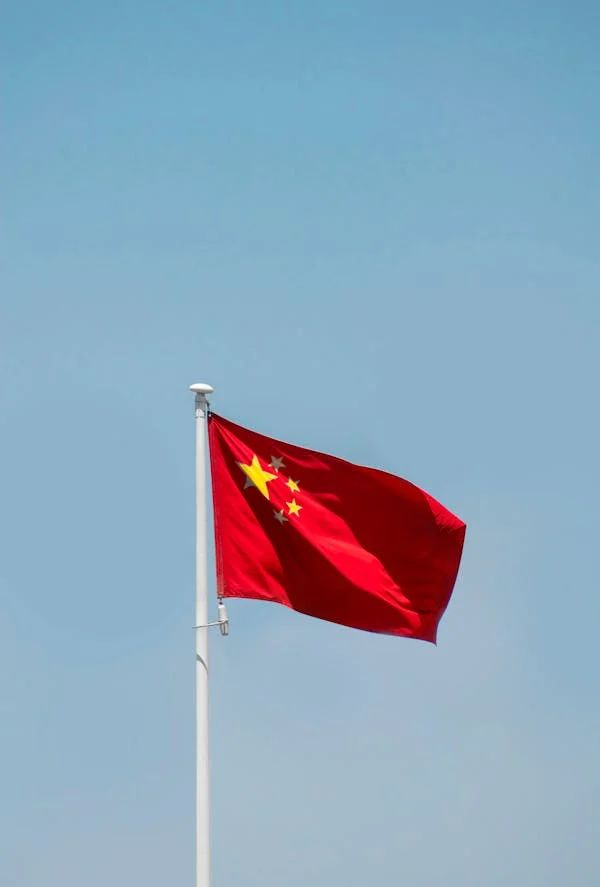For years, Bitmain, a massive Chinese company, has ruled the world of Bitcoin mining with an iron fist. Holding a staggering 90% share of the mining rig market, Bitmain has been likened to the diamond giant De Beers—so powerful that it could manipulate global prices simply by adjusting its output. For crypto traders, this kind of dominance has always been a double-edged sword. On the one hand, it provided a stable source of mining equipment. On the other, it placed enormous control over the market in the hands of a single company, which made traders vulnerable to shifts in Bitmain’s business strategies.
But times are changing. Rising political tensions between the U.S. and China, alongside the prospect of Donald Trump retaking the presidency, are shaking up this long-standing dominance. Trump, with his “Made in USA” ethos, has made it clear that he sees Bitcoin as an American asset. His idea? To shift Bitcoin mining back to the U.S. and away from Chinese control, a move that has the potential to radically transform the crypto mining landscape.
For those in the crypto world, this isn’t just about politics—this is about the future of Bitcoin itself. If Trump were to succeed in pushing Bitcoin mining operations to American soil, we could witness a seismic shift in who controls the backbone of the Bitcoin network. And if Bitmain’s dominance crumbles, it could open up the market for new competitors, fostering more innovation and potentially lowering costs for miners.
However, Trump’s plan has raised eyebrows, especially among legal experts who specialize in asset forfeiture. His idea to seize and repurpose the U.S. government’s stockpile of Bitcoin—gained mostly through criminal forfeitures—has alarmed many. Forfeiture laws were designed to keep seized assets under strict control, and using that Bitcoin as a political or financial tool could challenge those frameworks. For Bitcoin traders, this brings both excitement and uncertainty. On the one hand, a more crypto-friendly government could ease regulatory pressures. On the other, it opens up questions about the ethical and legal implications of using Bitcoin in such a high-stakes political game.
In the crypto world, where decentralization is king, Trump’s move could seem contradictory. Yet, many traders recognize the potential benefits of a U.S.-led Bitcoin resurgence. Lower reliance on Chinese manufacturing, combined with the possibility of more favorable mining conditions in America, could make Bitcoin mining more accessible and profitable for everyday traders and miners alike. It could also weaken Bitmain’s stronghold on pricing, potentially making mining rigs more affordable and boosting Bitcoin’s decentralization efforts.
At the heart of this discussion lies the fundamental question: What does this mean for Bitcoin’s future? If Bitmain’s reign begins to wane and the U.S. takes the lead in Bitcoin mining, the power dynamic in the world of cryptocurrencies could be completely altered. For traders, this is both thrilling and nerve-wracking. The allure of a more decentralized Bitcoin, where no one country or company holds too much influence, is strong. But with political forces at play, especially with someone as unpredictable as Trump, there are also risks of instability and unforeseen consequences.
As this political battle unfolds, crypto traders will need to keep a close eye on how it impacts the mining infrastructure. Could we be on the brink of a new age of American Bitcoin dominance? Or will Bitmain find a way to hold on to its throne, despite growing U.S. pressure? Whatever happens, the outcome will shape Bitcoin’s future in ways we can only begin to imagine.
For crypto traders, Trump’s bold vision of Bitcoin as a “Made in USA” asset isn’t just about patriotism; it’s about taking control of the future of the world’s most valuable cryptocurrency. The question now is whether that vision will materialize and how it will reshape the crypto markets. In an industry that thrives on decentralization, Trump’s nationalistic approach could either push Bitcoin toward new heights—or plunge it into uncharted waters.



